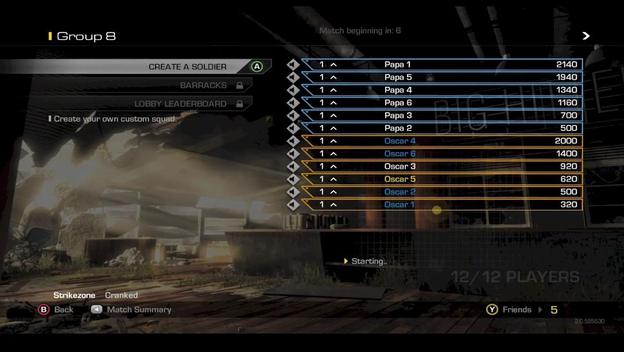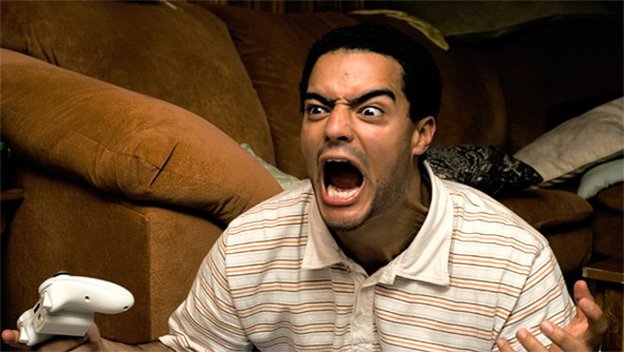I’ve been angry about a lot of things in my editorials, and one thing that I never seem to stop being angry about is toxic online gamers. These gamers make the gaming experience worse for everyone else and yet everyone seems to jump to the defense of entitled 16 year olds who think it’s totally acceptable to threaten to rape and kill someone because they got spawn camped.
I’ve talked about how toxic behavior makes our community smaller, paints a horrible image of us to the mainstream media, and genuinely hurts the people it affects. However, each time I made a new argument, I received plenty of responses along the lines of “that’s just how gaming is” and “if you can’t take it stop gaming” and so forth.
So let me approach this problem from another perspective. Toxic behavior is bad because it harms gaming as a business and industry.
I know that many gamers like to think of gaming as a community rather than a business, but the financial reality is that game studios need to make money in order to survive. Every month we see more and more studios go bankrupt and close their doors, just because of a single flopped game. Game production costs are so high that even mediocre game sales can be looked at as failure. Square-Enix famously called several games which sold greater than 4 million copies, such as Tomb Raider and Hitman: Absolution , failures because they never quite hit the epic Call of Duty numbers that Activision can routinely hit.
So what does this have to do with toxic behavior? Well, gamers play online games because their friends are playing them. If their friends stop playing games because of a toxic community, then there is a chance they will take all their friends with them. All of these gamers are now sales that a company will lose when publishing a sequel. You won’t come back to buy Military Shooter Fest 7 if your experience with the Military Shooter Fest 6 community was overwhelmingly negative.
Similarly, companies have begun supplementing the huge costs of game development through DLC. If a toxic community turns a player away from a game, that player won’t purchase any DLC for the game either. Once again, this leads to lost sales and lost money.

Now it’s easy to say that the money lost from toxic behavior isn’t much when compared to the full sales numbers of a game, and you’d be right. It’s only a mere fraction of the multi million dollars that a successful game launch makes.
But, at the same time, studios stand to make more money by catering to non-toxic players by introducing methods to police the toxic ones. If there is one toxic player and one player who will get offended in any match, each match will see one lost sale. Notably, the toxic player will go on to another match with another random person who will get offended, and lose the company another sale. This pattern will continue until all the offendable players are gone, losing all their sales in the process. On the flip side, if this one toxic player is banned, he too would count as a lost sale, but then all of those people that he could have potentially offended are retained sales. So as long as the overall toxic community is smaller than the non-toxic community, it will always be correct for business to police them.
So the next time you hear someone spouting racial slurs in an online match, think about reporting him. You’ll be helping the developer’s bottom line in the process, and there is no better way to make a game series survive than to ensure it will make a profit.
